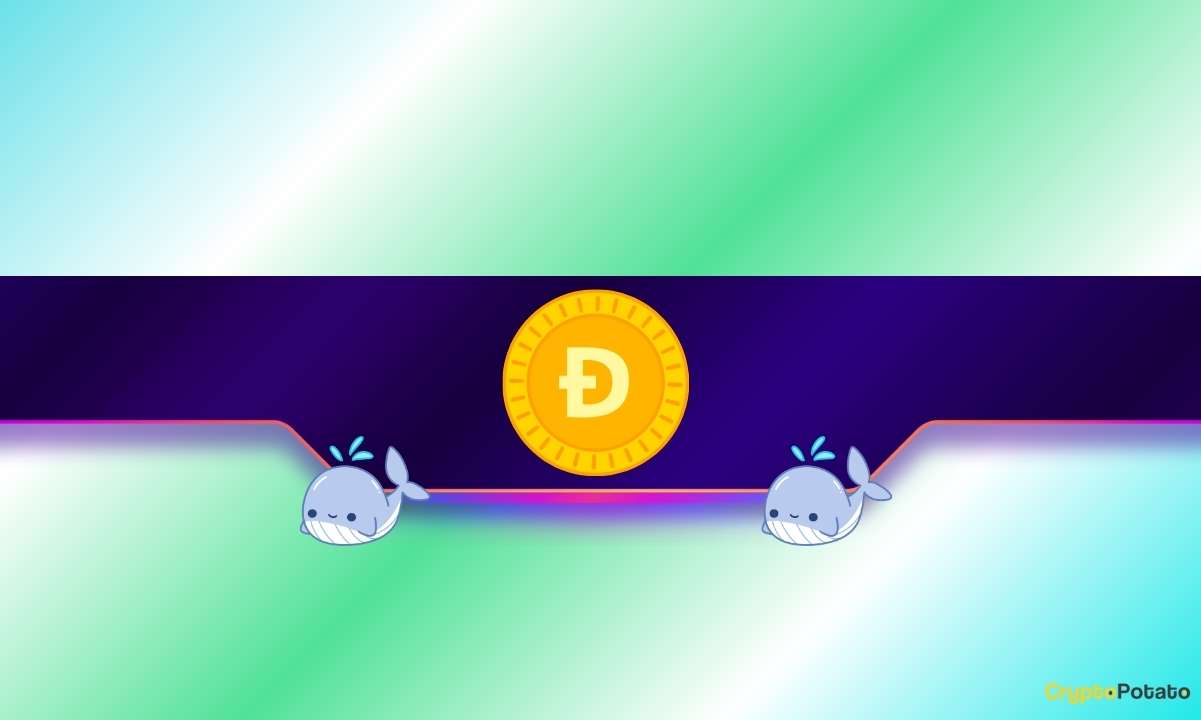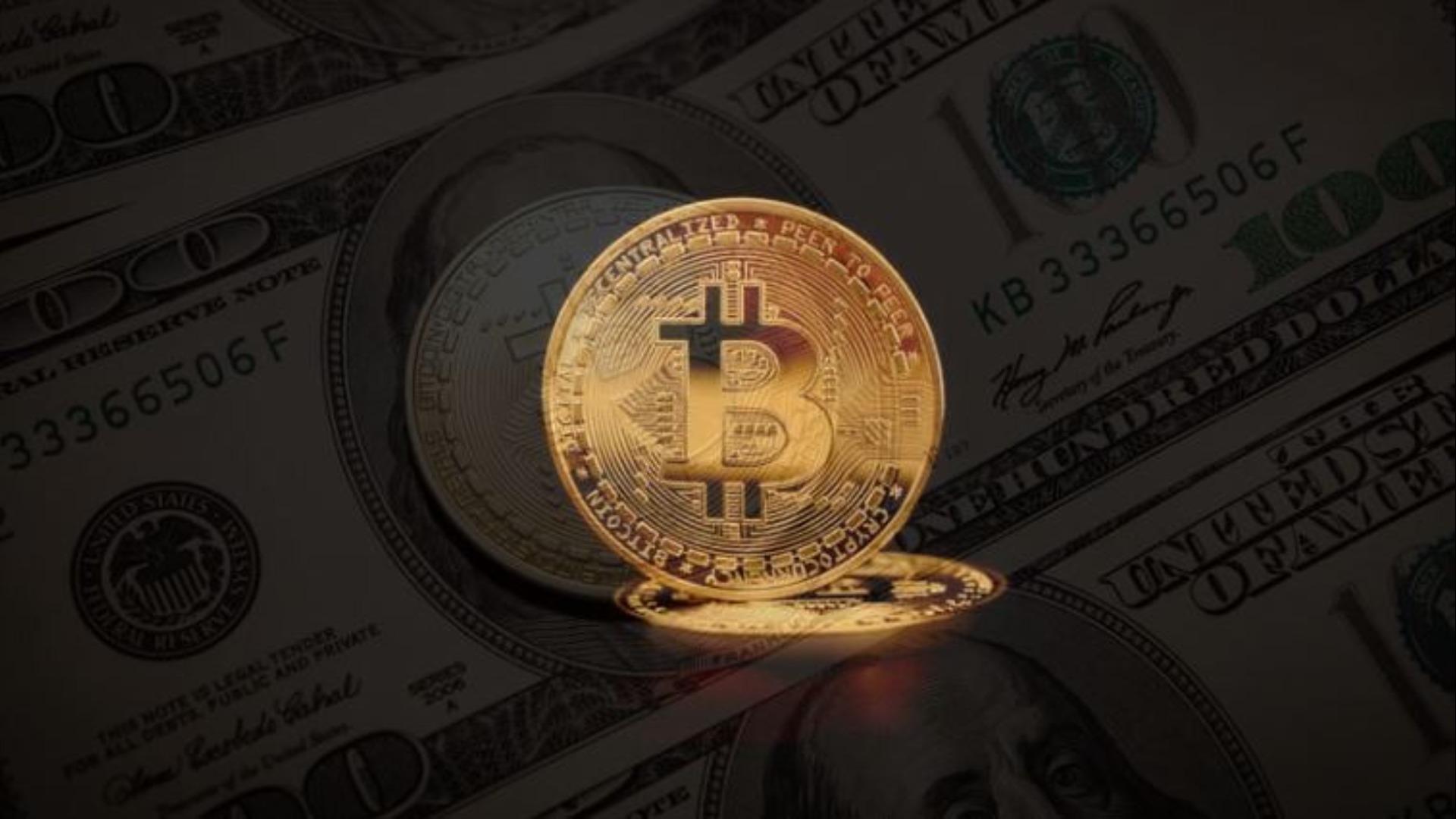The Significance of Whale Investors in Dogecoin: A Deep Dive
In the ever-evolving world of cryptocurrencies, Dogecoin (DOGE) has carved a unique niche for itself with its playful Shiba Inu mascot and a community that’s as passionate as it is diverse. One intriguing aspect of Dogecoin’s ecosystem is the role of ‘whale’ investors, those holding between one million and ten million tokens. Let’s delve deeper into this topic.
Understanding Whale Investors
Whale investors, a term borrowed from traditional finance, refers to individuals or entities that own a large amount of a particular asset. In the context of Dogecoin, these are holders with a substantial number of tokens, enough to significantly influence the market. According to various estimates, whales control around 7% of DOGE’s circulating supply.
Impact on Individual Investors
For individual investors, the presence of whales can bring both opportunities and challenges. On the positive side, large-scale investments from whales can help stabilize the market during volatile periods. Their buying and selling patterns can also provide valuable insights into the market sentiment and potential trends.
- Price Stability: Whales can help maintain price stability by buying large quantities of tokens during market dips, which can prevent excessive price volatility.
- Trend Indicators: Whale transactions can serve as leading indicators of market trends. For instance, a significant increase in whale transactions could signal an upcoming price surge.
However, whales’ actions can also pose risks for smaller investors. Their large-scale trades can cause sudden price movements, potentially leading to losses for those who are not well-prepared. Moreover, whales may manipulate the market by artificially inflating or deflating the price, which can negatively impact individual investors.
Impact on the Global Cryptocurrency Market
Beyond individual investors, the influence of whale investors in Dogecoin extends to the broader cryptocurrency market. Their actions can have a ripple effect on other digital currencies, particularly those with a similar market capitalization or those that share a strong community base.
- Market Sentiment: Whale transactions can impact market sentiment, influencing the buying and selling decisions of other investors. For instance, if a whale sells a significant amount of DOGE, it could create a negative sentiment, leading to a sell-off.
- Price Correlation: The correlation between Dogecoin and other cryptocurrencies can also be influenced by whale investors. For example, if a whale invests in multiple cryptocurrencies, their actions in Dogecoin could impact the prices of other digital currencies.
Conclusion
Whale investors play a crucial role in the Dogecoin ecosystem, shaping the market dynamics and influencing the behavior of individual investors and the broader cryptocurrency market. While their presence offers benefits such as price stability and trend indicators, it also comes with risks, including market manipulation and sudden price movements. As a responsible investor, it’s essential to stay informed about the activities of whale investors and adapt your investment strategies accordingly.
In conclusion, understanding the role of whale investors in Dogecoin is crucial for any investor looking to navigate the complex world of cryptocurrencies. By staying informed and prepared, you can maximize the opportunities and minimize the risks associated with whale activities. Happy investing!





